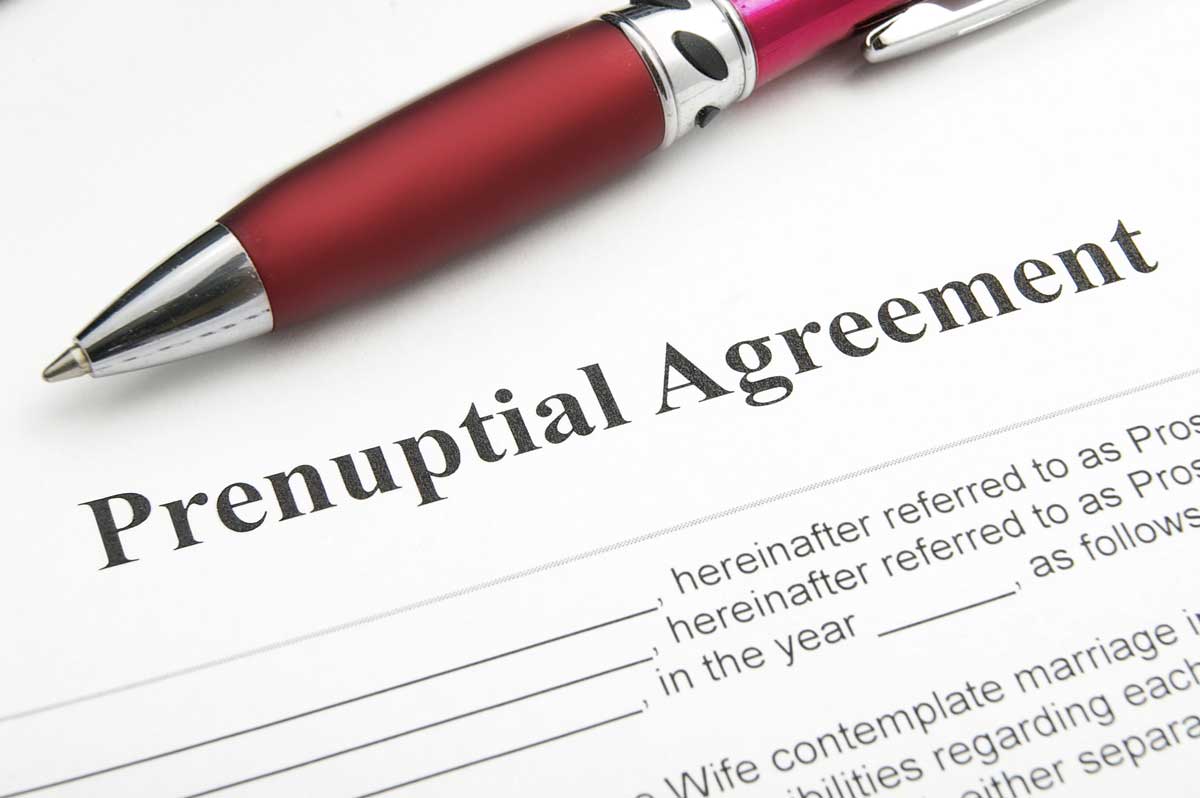How to Ensure Your Prenup is Enforceable on Long Island, NY

Getting Married? Thinking About a Pre-Nup?
As a Long Island, NY Divorce lawyer I am often asked to help couples engaged to be married to draw up legally binding Prenuptial Agreements for them before they get married. Most people have heard of “pre-nups”, as they’re sometimes called, but the average person does not understand the legal basis for such an agreement.
Why a ‘Pre-Nup’?
Prenuptial agreements are an attempt, before marriage, to fix or arrange consequences of marriage and/or its dissolution. There are as many different attitudes toward pre-nuptial agreements as there are couples getting married, but there are many reasons for prenuptial agreements, including, but not limited to:
- encouragement of financial discussions
- accepting reality of divorce statistics
- promoting marital stability
- promotion of fairness
- fostering of communication
- encouraging parties to resolve their own personal matters how they see fit
For couples on Long Island, prenuptial agreements are governed by New York Domestic Relations Law 236 B (3). Within the state, there is a strong public policy in favor of parties resolving their own personal matters how they see fit and the courts have granted prenuptial agreements the same presumption of legality as any other contract. In NY, parties can opt out of the equitable distribution statute and can redefine property distribution as they see fit.
What Makes an Agreement Enforceable
DRL 236 B (3) states that a prenuptial agreement is valid and enforceable if it is:
- in writing
- unambiguous
- signed by the parties
- acknowledged in the same manner for a deed to be recorded
The agreement can include:
- Ownership
- Division
- distribution of separate and marital property
- amount and duration of spousal maintenance
- other terms and conditions of the marital relationship
- as long as they are fair and reason at execution and not unconscionable at enforcement
- custody, care, education, and maintenance of children of parties.
Procedural Fairness and Substantive Fairness
- Procedural fairness ensures that there is financial disclosure and independent legal counsel.
- Substantive fairness ensures that the agreement was not procured by fraud, undue influence, duress, overreaching, unconscionability (terms that are excessively unfair to one party).
Definition of Terms
The courts have said it is not undue influence or duress to threaten to call off the marriage or to give the agreement the day of or day before marriage. The courts have defined overreaching as willfully concealing assets and/or misrepresentation. Unconscionability is defined as an agreement which no person in his or her senses and not under delusion would make and no honest and fair person would accept; inequality so strong and manifest as to shock the conscience and confound the judgment of any person of common sense. The courts look at whether it was “fair and reasonable” at time of execution and not unconscionable at the time of enforcement.
What Cannot Be Defined by a Pre-Nuptial Agreement
Matters outside the scope of prenuptial agreements include changing grounds for dissolving the relationship, or including separation or divorce. Also, General Obligation Law 5-311 also states that a person cannot relieve a spouse of liability to support the other if the other spouse is likely to be become a public charge.
In New York the courts have held nothing in law or public policy that prevents judicial recognition and enforcement of the secular terms of a religious marriage agreements.
If you’re considering a Pre-Nuptial Agreement, be sure to seek the advice of an experienced attorney. The Family Law Offices of Robert E. Hornberger, P.C. are familiar with the laws regarding Pre-Nuptial Agreements and will be happy to advise you. Contact us at 631-923-1910 for a free consultation.
For more information about Prenuptial and Postnuptial Agreements, please read Your Guide to Long Island Prenuptial & Postnuptial Agreements




